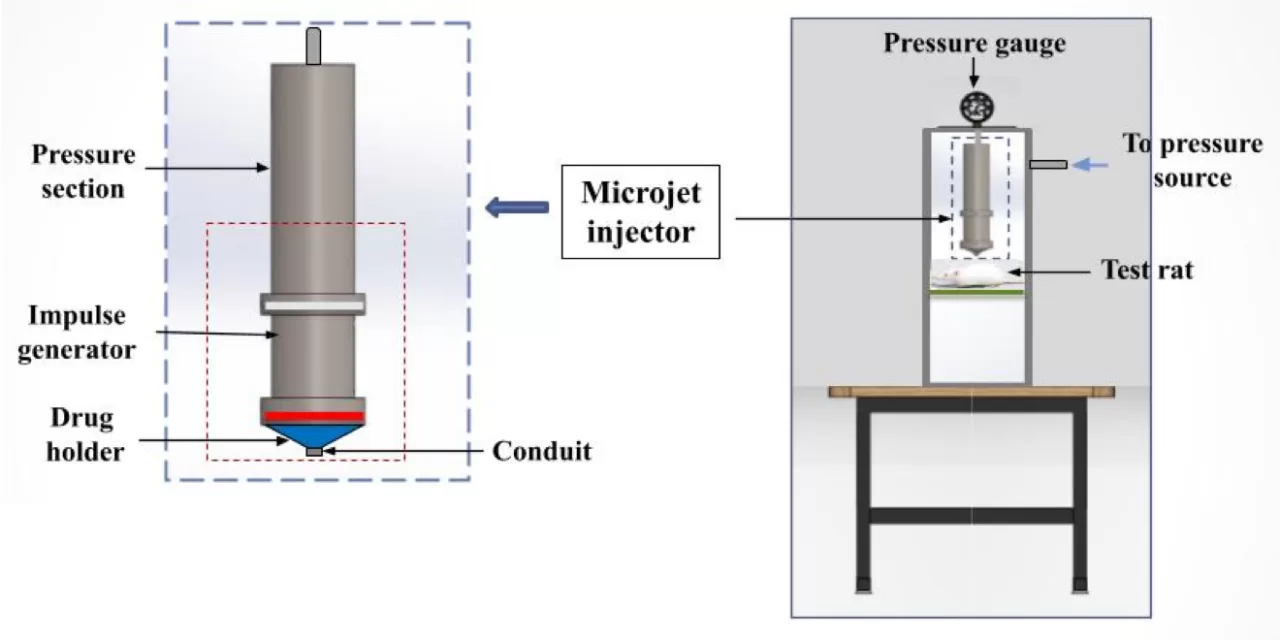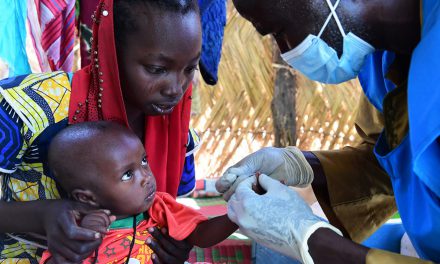Researchers at the Indian Institute of Technology (IIT) Bombay have introduced a groundbreaking shockwave-based needle-free syringe designed to deliver painless and safe drug treatments. This innovative technology minimizes skin damage, reduces the risk of infections, and addresses the needs of people with needle phobia, diabetes patients, and others requiring frequent injections.
The shock syringe, developed by the Department of Aerospace Engineering at IIT Bombay, utilizes high-energy pressure waves—shock waves—to deliver medications without piercing the skin with a sharp needle. Unlike traditional syringes, this method uses shock waves, traveling faster than the speed of sound, to compress the medium (air or liquid) and propel the drug through the skin.
Revolutionary Features
Lead researcher Priyanka Hankare explained that the syringe design is optimized to ensure precise and painless drug delivery. By continuously monitoring pressure and rigorously testing on tissue simulants, the team has calibrated the device for safe and efficient use.
The syringe features a nozzle opening of just 125 µm—approximately the width of a human hair—striking a balance between minimizing pain and maintaining the mechanical strength needed for rapid medication delivery.
“This ensures minimal tissue trauma and offers consistent drug distribution compared to traditional needles,” said Hankare.
Testing and Results
The researchers evaluated the shock syringe using animal models, where three different drugs were tested: an anaesthetic (Ketamine-Xylazine), an antifungal (Terbinafine), and insulin.
- Anaesthetic Delivery: The shock syringe delivered the anaesthetic as effectively as traditional needles. Both methods showed effects within three to five minutes, lasting 20-30 minutes.
- Antifungal Drug: The shock syringe outperformed needles by depositing the drug deeper into skin layers, enhancing its efficacy.
- Insulin Administration: Diabetic rats treated with the shock syringe experienced more stable and prolonged blood sugar control compared to needle injections.
Additionally, tissue analysis revealed less skin inflammation and faster wound healing with the shock syringe, underscoring its safety advantages.
Broader Implications
The shock syringe is designed for durability, capable of delivering over 1,000 shots with periodic nozzle replacement, making it both reliable and cost-effective. Beyond patient comfort, this development opens doors for applications in mass vaccination drives and routine treatments.
Hankare emphasized the broader impact of the technology: “This innovation is not just about pain-free injections—it’s about making treatments safer, more efficient, and accessible for all.”
With this invention, IIT Bombay has set the stage for a significant leap in medical technology, paving the way for pain-free and efficient drug delivery systems.










